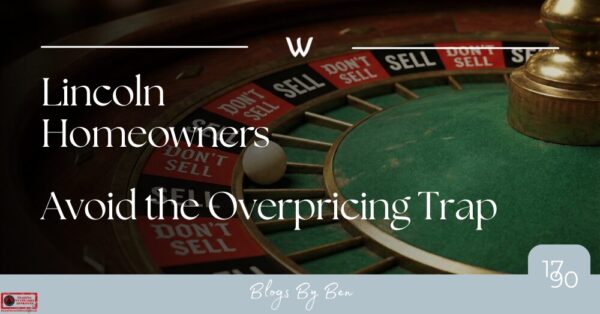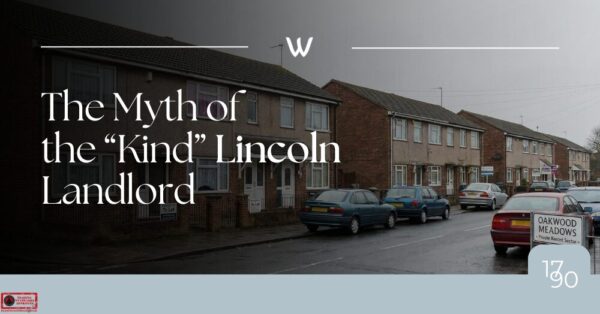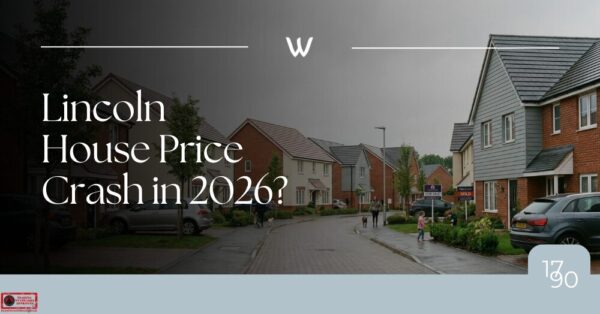All the signs are that the Lincoln housing market is sat on good foundations, yet one key hazard could still scupper the market.
‘UK Property Prices Rising at Record Levels’ is the headline of many newspapers. In the last few weeks, the Halifax reported they had grown by 6.5% in the last 12 months, whilst the Nationwide said 7.1% and not to be outdone, the Government’s own Land Registry said 8.6%. Nothing new there then you might think, don’t UK house prices always increase?
Actually, they don’t, as many Lincoln homeowners will remember 2009, when they dropped by 19%. Also, some more mature Lincoln homeowners will remember the early 1990’s where house prices dropped just over 40% over 4 years (after the 1989 property crash). So, the increase in UK house prices over the last 12 months has mystified all the forecasts made by most economists as…
House prices were forecast to drop during the pandemic because during the previous six UK recessions experienced since WW2, house prices have always fallen sharply in real terms.
Yet 2020 was different with house price growth increasing at its highest rate since 2014 as the substantial Government support programmes (including Bounce Back Loans, grants and furlough) has mollified the hit to household incomes. Add to that the pent-up demand from the Boris Bounce, all the people working from home wanting an extra room for an office and therefore needing to move, plus the stamp duty tax holiday, with the cherry on the cake of 0.1% Bank of England interest rates keeping borrowing affordable. This has meant…
Lincoln property values are 3.9% higher than a year ago.
Yet the affordability of property is a big issue going forward. By the time of the height of the last property boom in 2008, the national ratio of average property values to earnings had risen from 5.1 in 2000 to 8.8 (i.e. the average house price was 8.8 times the size of the UK’s average person’s annual earnings). We then had the property crash in the proceeding years, and the ratio dropped to around late six’s/early sevens. However, over the last few years, the ratio has been steadily rising and now with the recent growth in demand for property (the five reasons mentioned in the previous paragraph), the ratio has now smashed past nine. Looking locally…
The ratio of average property values to earnings in Lincoln as a comparison was 2.5 in 2000, rising to 5.7 in 2008, dropping to 5.0 the year later when the Credit Crunch hit, and now currently stands at 5.6.

So, are we heading for another house price crash? Maybe, maybe not – because the House Price to Earnings ratio only tells us part of the story. Another indicator of the property market is mortgage affordability, which measures the proportion of mortgage payments to average incomes. For all mortgage holders, in 2015, this stood at 24.13% and today it is only just above the national long-term average of 25%, demonstrating that property is still affordable.
Yet, the life blood of the property market are first-time buyers. The long-term average percentage of income which goes on mortgage payments for first-time buyers is 33%. Just before the 1989 property market crash, this stood at 54%. Whilst just before the 2008 property crash, it reached 49%. Today, it stands at 31.7% (and the reason it’s so low even with record high property prices is low interest rates, because when mortgage interest rates are low, this permits people to afford larger mortgages, which enables them to bid up house prices).



